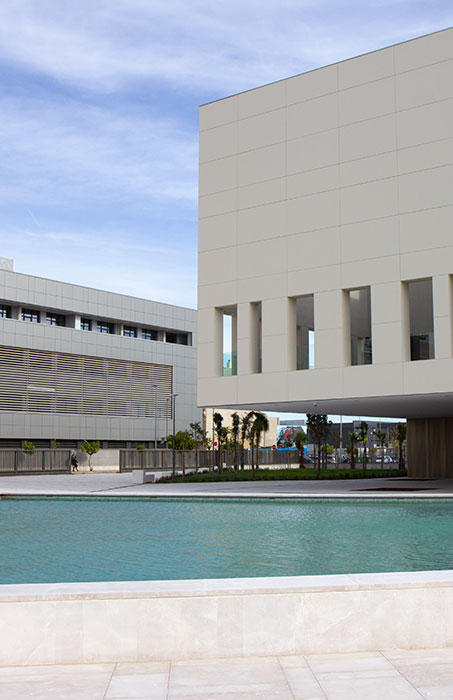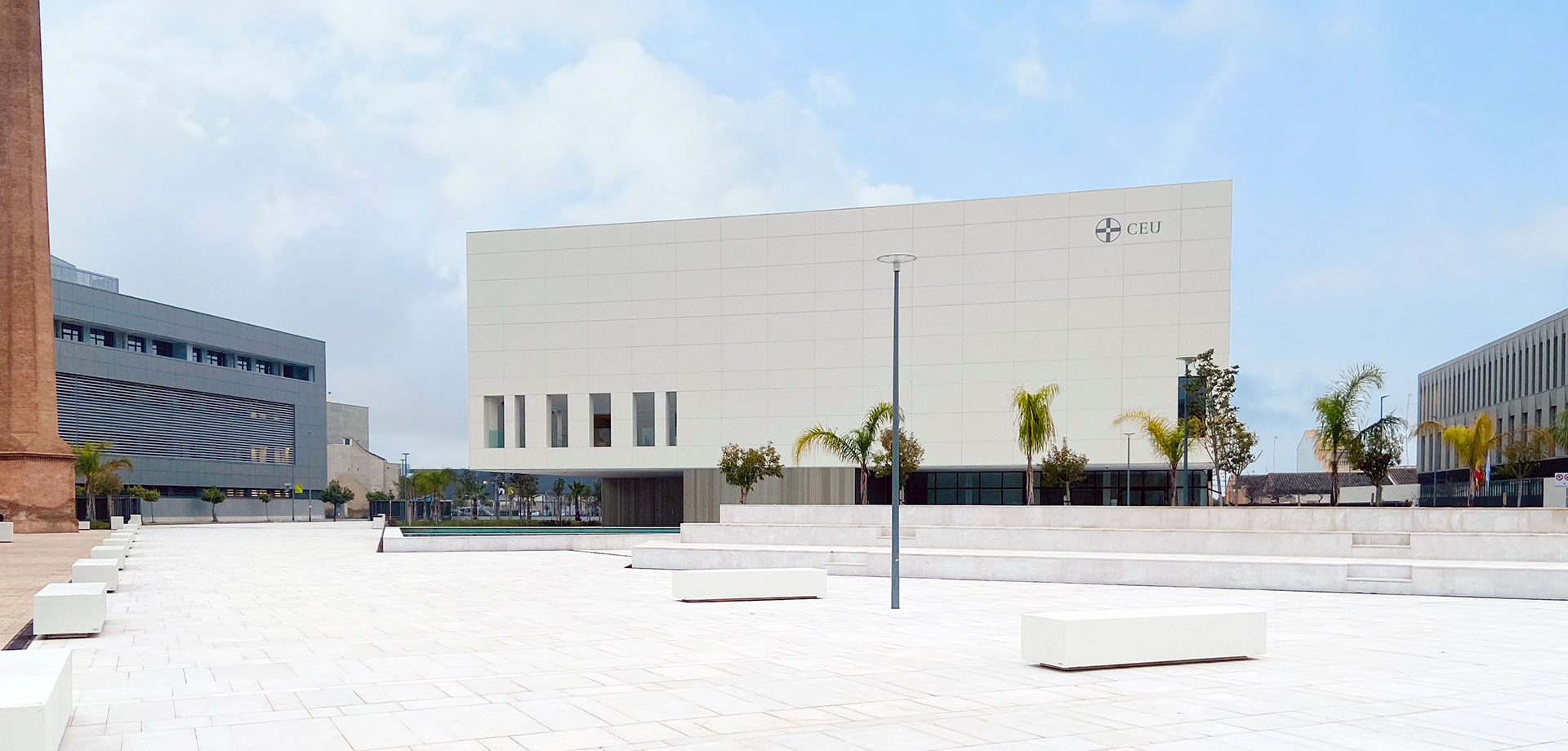
Let's talk about universities
Pensar la Universidad hoy ("Rethinking Today's University") is a series of lectures reflecting on what a university is and what its mission should be in today's society. The essence of this initiative, led by the Rector's Office, is to encourage debate on the university's role in the comprehensive education of the person.
Presenting the initiative, the Rector Higinio Marín stressed the importance for universities of being able to understand their own nature in order to fulfil their purpose: "The University needs to know what it is in order to be what it is". For the Rector, “we have to think about the approach we take to what we do and whether that contributes to the kind of university that we want.”
There should not be just one voice speaking for a university. Rather its position should be the result of reflection, debate and consensus of different viewpoints. Therefore, this initiative represents an opportunity for the whole university community to reconsider, with the guidance of philosophers, historians and researchers, the kind of university we want to offer society.
The implicit question is whether universities in their current form meet the expectations and needs of society and whether the actions we take are coherent with their fundamental purpose. For these reasons, Pensar la Universidad hoy is a call to for us all to reflect deeply on the university's meaning and mission so that we can better define the university model we want.
Eleven visions to rethink universities
In the first lecture of the series, the political scientist, sociologist and strategic consultant for the Fundación Universitaria San Pablo CEU, Dr Eduardo Nolla, looked back at the origins of universities and the very meaning of the word university. In his talk, entitled Pensar en tiempos del Gran Pájaro Tonto, Dr Nolla argued that universities must maintain the critical spirit that comes from the world of writing, especially when there are increasing numbers of institutions which supposedly teach students when, in fact, all they do is transmit information.
The founding spirit of universities was also the focus of Elio Gallego, Professor of the Philosophy of Law at the Universidad CEU San Pablo and Director of the social studies institution CEU CEFAS. In his lecture entitled “La Universidad en la modernidad: una odisea”, Professor Gallego invited the attendees to reflect on the current state of universities in the western world. For Professor Gallego, universities “will have a future if they are clear on what their purpose is and are ready to be different. And if they are able to attract students who are hungry for knowledge and wisdom, as the first university students were in the Middle Ages”.
In a lecture given in Valencia entitled, ‘Ni en el parnaso ni en la biblioteca hay minas de oro. Una defensa de la educación técnica’ the Vice-Rector for Academic Staff at the Universidad CEU Fernando III of Sevilla, Dr Pablo Nuevo, put forward the view that education at a university level is different from those of other types in that it enables students to make connections between their professional and personal lives. In this sense, he argued that higher education must provide an opportunity for personal growth and for a greater understanding of the world.
The University's Paraninfo will host further lectures in the “Pensar la Universidad hoy” series in the coming months. Future speakers include Prof Gonzalo Rubio, Prof Manuel Bustos, Prof Coral Barbas, Prof Javier Pérez Castells, Prof Juan Manuel Blanch, Dr Francisco Esteban, Dr David Reyero and Dr Eloy Bejarano.
"Education in general, but university education in particular, is not only about filling the head with concepts. Three kinds of language are needed, and all three languages need to come into play: the language of the mind, the language of the heart and the language of the hands. We need to think in harmony with what we feel and what we do, to feel in harmony with what we think and do, and to act in harmony with what we feel and think."
Pope Francis
|
|


